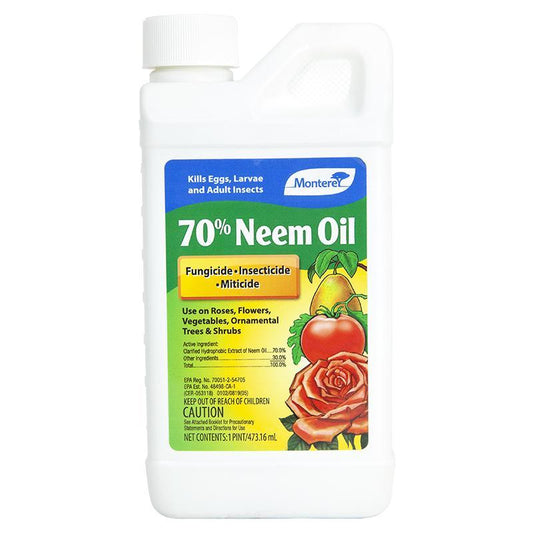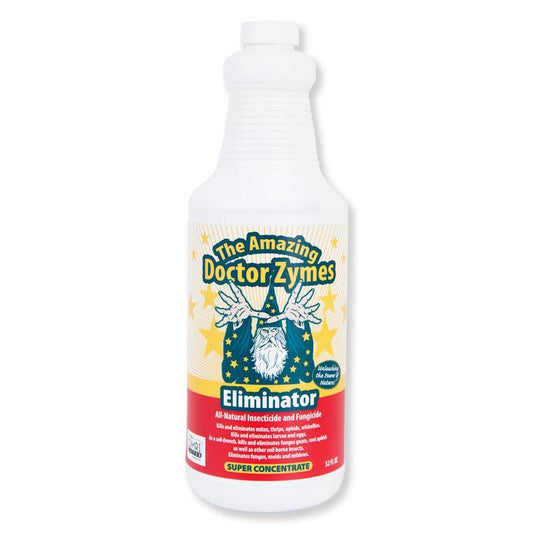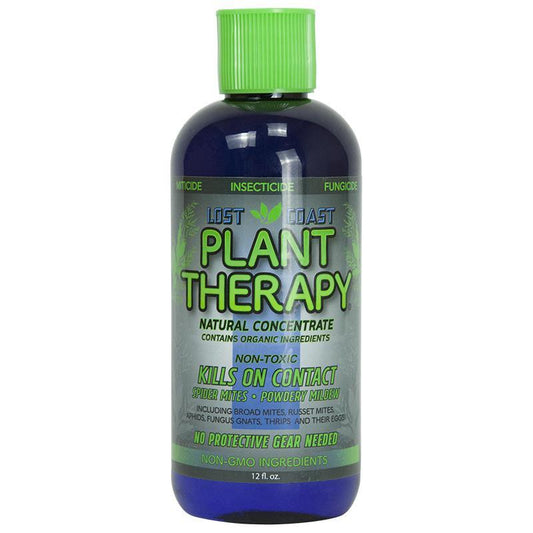-
Sale
Monterey Neem Oil 70% Concentrate (Pint)
Regular price $27.99Regular priceUnit price per$31.49Sale $27.99Qualifies for free shippingSale -
Sale
Doctor Zymes Insecticide/Fungicide Concentrate (Quart)
Regular price $37.99Regular priceUnit price per$42.99Sale $37.99Qualifies for free shippingSale -
Sale
Lost Coast Plant Therapy (12 oz)
Regular price $41.99Regular priceUnit price per$51.49Sale $41.99Qualifies for free shippingSale -
New
Organic Arber Bio Fungicide Concentrate
Regular price $24.99Regular priceUnit price per -
New
Organic Arber Bio Protectant
Regular price $24.99Regular priceUnit price per$24.99Sale $24.99Qualifies for free shippingSale







